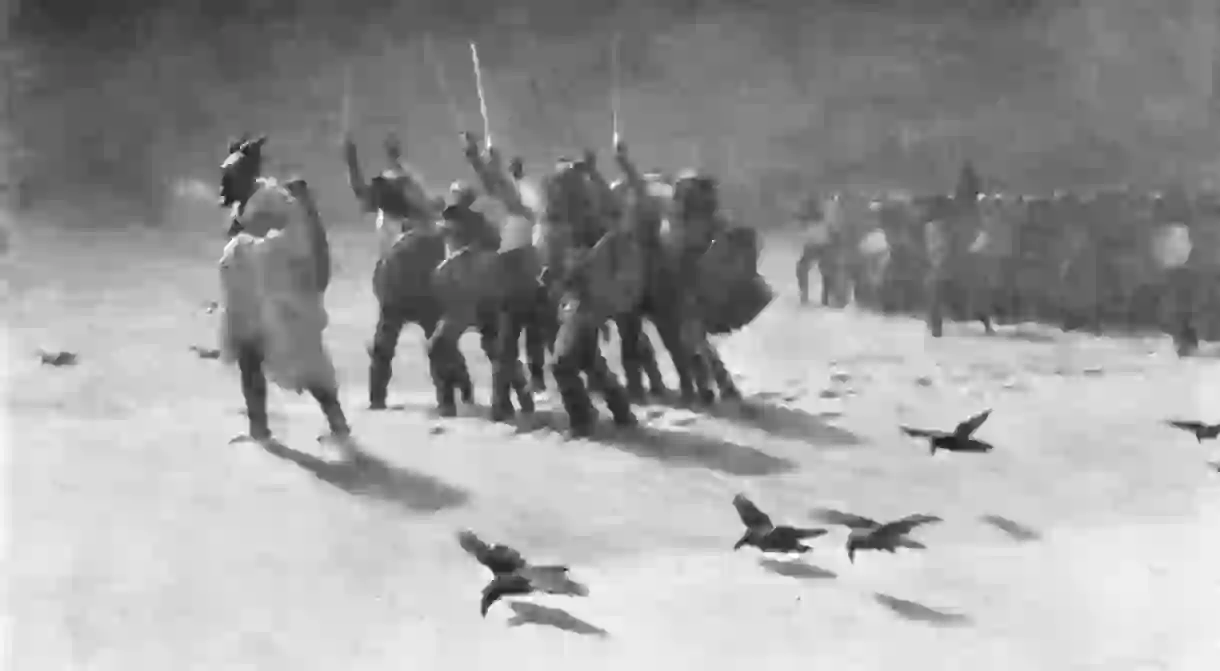The Rap Battles of Vikings That History Shouldn't Forget

If history tells us anything, it’s that hearing about Vikings inventing rap battles should come as no surprise. History is full of oddities and Vikings were far more complex than most people would believe, with a culture that valued wit and cunning as much as it valued physical prowess.
The roots of the word flyting are in the Old English word flītan, which means ‘to quarrel’. The Swedish word flyt today means ‘to float’, but in Old Norse the word flyta meant ‘provocation’. So essentially, we’re talking about floating a provocative quarrel, which is a fairly apt description of what went on back in ancient times when the Vikings got their mead on and wanted to have a battle of the wits. More formally, flyting is a form of ritual, where poetic insults are exchanged. Sounds like fun!

And fun it was. Unsurprisingly, drink was often involved, and the trading of barbs (small horses) was mainly practiced between the 5th and 16th centuries. Norse literature is full of tales of the gods flyting, and it was a precursor of the rap battles of today, often including slander, accusations of cowardice and sexual insults. In Lokasenna, the god Loki hurls insults at the other gods in the hall of Ægir, while in the poem Hárbarðsljóð, Hárbarðr trades barbs with none other than Thor.
I will no longer keep it secret:
it was with thy sister
thou hadst such a son
hardly worse than thyself.
—Hárbarðr, from Lokasenna

In Beowulf, Unferth challenges Beowulf by flyting with him, and as a way of interrogating him. Flyting required an extensive vocabulary and through flyting Vikings proved their intellectual superiority.
Much like today, spontaneously composing a withering retort was how one showed brains and ingenuity, and was often used as something of a ritualistic test. So if you’ve got a nimble tongue and can battle wits with the best of them, make like a Viking and take down your enemy… intellectually.













